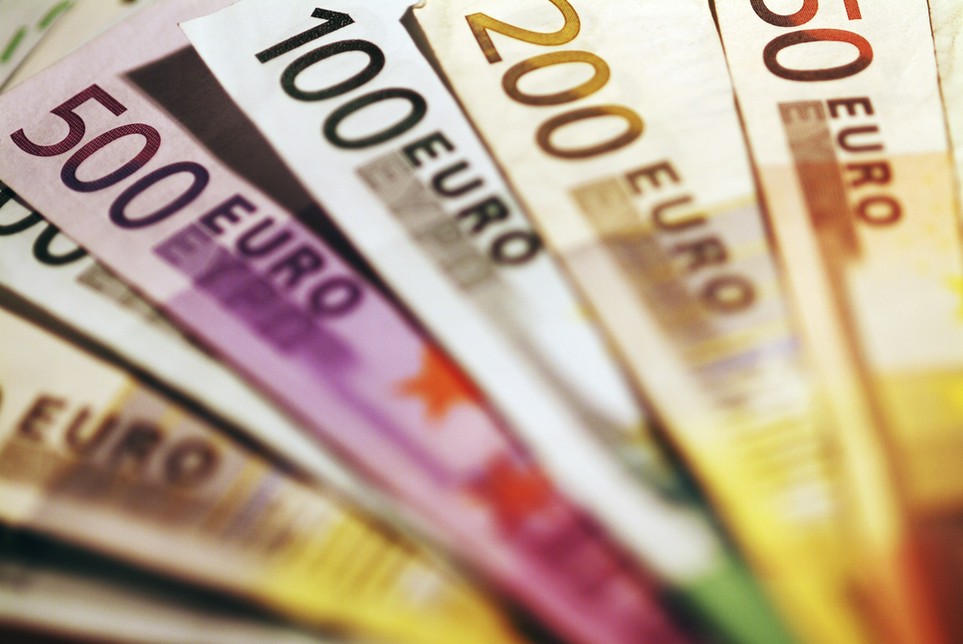How to Claim Tax Allowances on Your Tax Return
What are tax allowances (Freibeträge) and what are their purpose?
As the typical deadline for mandatory tax returns falls on July 31st, many taxpayers preparing their own tax returns or using tax software might start feeling stressed out when summer rolls around – especially since missing the deadline can result in lateness penalty fees.
Despite the stress, tax returns are actually often quite beneficial! Taxpayers who submit voluntary tax returns receive an average refund of 1.072 euros from the state. Claiming your deductible expenses and tax allowances (Freibeträge) increase the amount you can earn in your refund.
What is a tax allowance (Freibetrag)?
Tax allowance allow a certain amount to be exempt from taxation, those with earnings exceeding this amount must only pay tax on the difference. Exemption limits (Freigrezen), however, are a bit different: if your income exceeds the tax-free limit, tax must be paid on the whole amount.
Allowances are typically granted when one’s life circumstances result in them incurring high expenses. They are approved in the Income Tax Act (Einkommensteuergesetz), Inheritance Tax Act (Erbschaftsteuergesetz), Trade Tax Act (Gewerbesteuergesetz), and Corporate Income Tax Act (Körperschaftsteuergesetz).
Some of the most important and common tax allowances include:
- The basic tax-free allowance (Grundfreibetrag)
- Education allowance (Ausbildungsfreibetrag)
- Child allowance (Kinderfreibetrag)
- Daycare and childcare allowance (Erziehungs- and Betreuungsfreibetrag)
- Allowance for capital income ( Saver’s allowance /Sparer-Pauschbetrag)
- Allowance for volunteering and volunteering management
- Allowance for inheritance or gifts (Erbschaft or Schenkung)
- Allowance for income tax deductions (Lohnsteuerabzugsmerkmalen)
- Discount allowance (Rabattfreibetrag)
Basic tax-free allowance (Grundfreibetrag)
The basic tax-free allowance exists to ensure the existence minimum subsistence level at all times. If this amount or less is earned, no taxes are due. Taxes only become due once this amount is exceeded.
Basic tax-free allowance in 2021
- For single persons 9,744 euros
- For married persons 19,488 euros
Basic tax-free allowance in 2020
- For single persons 9,408 euros
- For married persons 18,816 euros
Basic tax-free allowance in 2019
- For single persons 9,168 euros
- For married persons 18,336 euros
Education allowance (Ausbildungsfreibetrag)
Up to 924 euros per calendar year can be deducted from your total income for your child’s education costs if the following conditions are met:
- The child is of age
- They must be receiving an education
- They are no longer living with their parents
- They are entitled to child benefits (Kindergeld) or the child allowance (Kinderfreibetrag)
Child Allowances (Kinderfreibeträge)
Child allowances, just like child benefits (Kindergeld), exist to ensure the minimum subsistence level for all children. The allowance keeps earnings up to a certain point tax-free for al parents. When submitting a tax return, the tax office automatically checks whether it is more favorable for parents to claim the child allowance or child benefits.
Child allowances consist of two components: the allowance for the minimum subsistence level as well as the allowance for care, education, or training needs (BEA). In 2021, the total child allowance for married couples filing together amounts to 8,388 euros (7,812 in 2020). It is also available if the other parent is deceased or not subject to unlimited tax liability.
Childcare & education allowance
Parents can also benefit from the allowance for childcare and child education. The following conditions must be met:
- Your child must have completed vocational training or first-time studies
- They are older than 18, but not yet older than 25
- They are undergoing vocational training
- They are completing a voluntary social or ecological year
In 2021, the tax-free allowance amounts to 2,928 euros, in 2020 this was 2,640 euros.
Discount allowance (Rabattfreibetrag)
The method in which employees who use goods or services produced by their on employer are taxed is governed by section 8 of the Income Tax Law (EStG). This paragraph grants employees a valuation discount of 4% and an annual rebate allowance of 1,080 euros – this is the so-called discount allowance. The following conditions must be met:
- Fringe benefits (Sachbezüge) must be received on the basis of an employment relationship
- Fringe benefits that employees receive at a lower price or for free must be produced or distributed primarily for the needs of external end consumers
